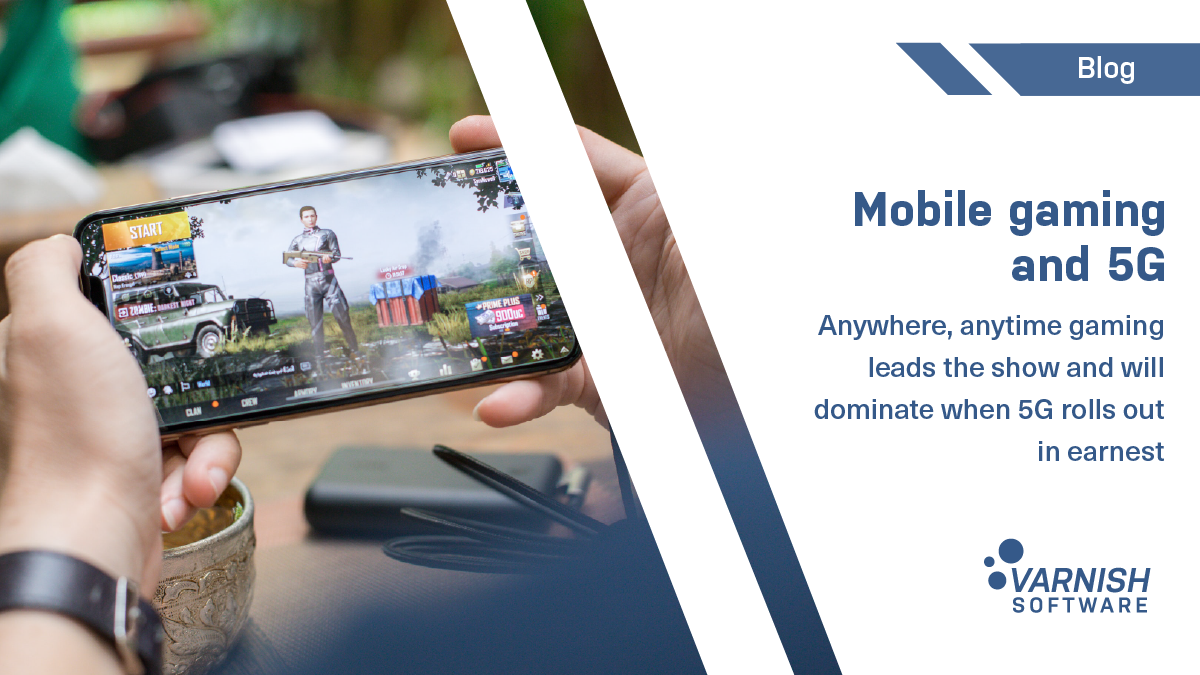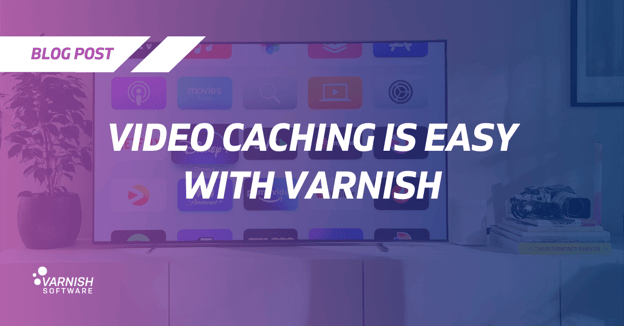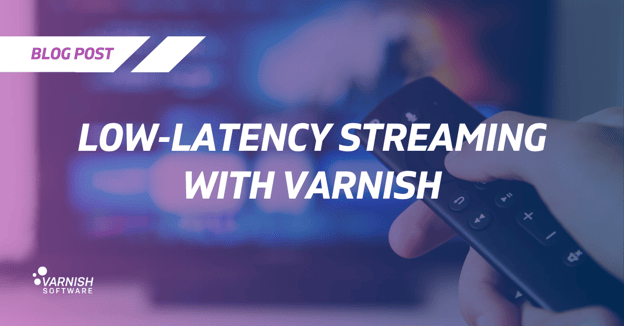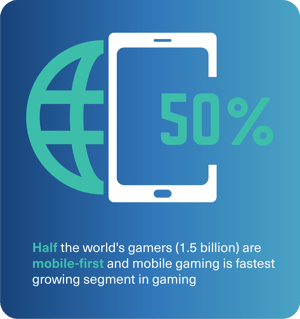 While people have used their mobile phones for gaming almost since the dawn of the mobile phone, the computing power, ubiquity and, most crucial of all, connectivity (availability, speeds, and latency) have grown exponentially to make the mobile phone a powerful anytime-anywhere gaming platform. Already accounting for almost half of the world’s 3 billion self-professed active gamers, some 1.5 billion players rely exclusively on their smartphones for access to gaming. Mobile gaming is the mainstream, is the fastest growing gaming sector and its popularity will only continue to grow as 5G networks roll out and revenue opportunities become clearer.
While people have used their mobile phones for gaming almost since the dawn of the mobile phone, the computing power, ubiquity and, most crucial of all, connectivity (availability, speeds, and latency) have grown exponentially to make the mobile phone a powerful anytime-anywhere gaming platform. Already accounting for almost half of the world’s 3 billion self-professed active gamers, some 1.5 billion players rely exclusively on their smartphones for access to gaming. Mobile gaming is the mainstream, is the fastest growing gaming sector and its popularity will only continue to grow as 5G networks roll out and revenue opportunities become clearer.
Game play enablers: 5G, user base and the cloud
Mobile gaming has in the past been hampered by device limitations, but even more by 4G (or lower) speeds and spotty connectivity. For low-intensity, low-interaction games, this wasn’t a deal breaker. But the increasing sophistication of games -- across devices -- means that expectations are higher, and avid gamers have indicated their willingness to spend more for superior connectivity and the lowest possible latency. This is where 5G comes to the fore.
A Ribbon Communications report highlights the centrality of 5G’s low-latency capabilities in mobile video as key to translating into high-quality gaming experiences. 5G’s proven performance immediately gives telcos an opening to charge a premium for certain types of consumers. But much larger revenue opportunities wait in the wings. That is, with 5G’s near-real-time latency, user demand and some clever edge-cloud technology trickery, there are boundless revenue-generating bandwagons to jump on, including facilitating the coming wave of game streaming and online, real-time, interactive play, and live sport, e-sports, and real-time sports betting possibilities.
While many different businesses can get in on the action within the expansive 5G ecosystem and on the content delivery front, mobile operators will be on the frontlines with the most to gain and the most to lose, as they look to 5G to boost revenue on the mobile front -- and gaming will play a significant role here -- as well as to make 5G a viable, better-performing replacement for fixed networks. There are a lot of balls in the air to juggle, but with mobile gaming at least, there’s a path to success.
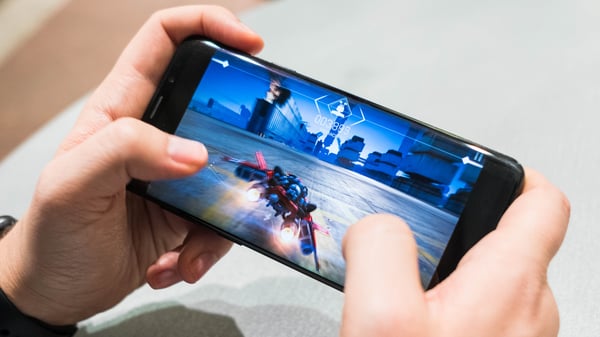
The mobile gaming competitive edge - literally
With the introduction of 5G connectivity, mobile gaming will at last be able to take advantage of decentralized edge cloud infrastructure to bring gaming action and interaction closer to the user, tapping into:
- flexible edge architecture
- near-no-latency network responsiveness
- higher throughput
- increased reliability and consistency
- better performance/speed
For telcos, it’s a matter of making real-time gaming a reality. For content providers and other companies in the gaming ecosystem, it’s a matter of delivering what players demand on their terms. For now, that trend seems to be moving, at least in part, in a mobile direction.

